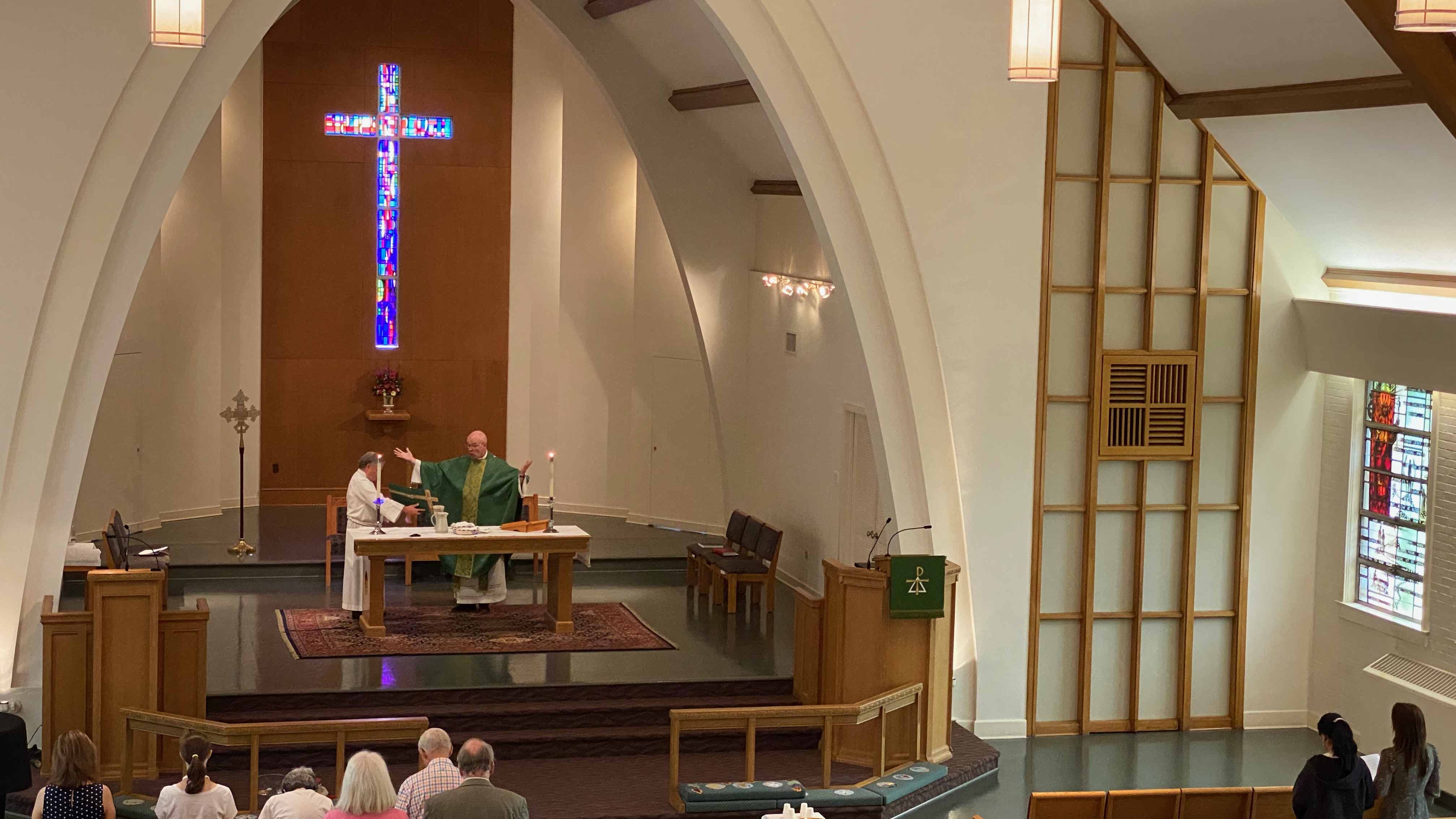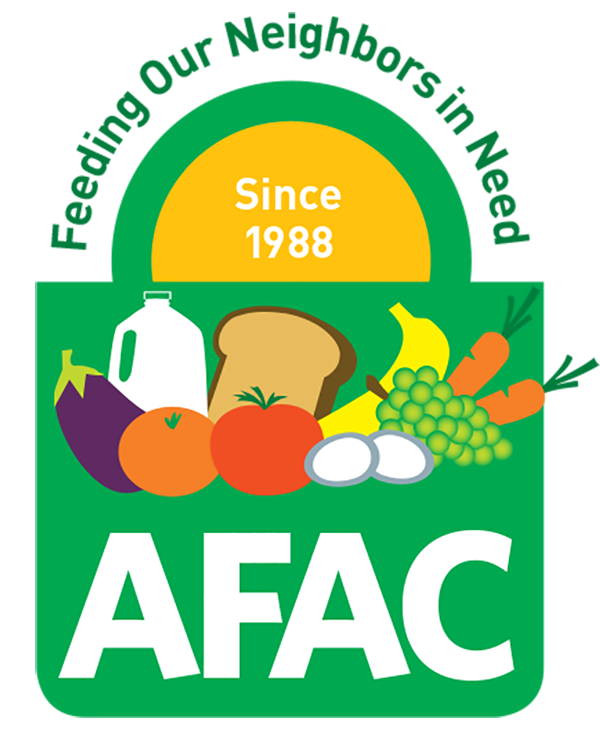So again, in the absence of our usual, full, and foundational assemblies in person for Sunday worship, how do we cope in times like these? A faithful default mode for Christians, of course, is to turn to the pages of scripture, particularly passages that are much beloved, passages that we have turned to again and again, so much so that perhaps we have them memorized. I have emphasized before the central importance of the availability of God’s sacred word to us, but it invites repeating while also commending compelling passages.
One such passage for me is from Paul’s Letter to the Romans. There, Paul writes:
31What then are we to say about these things? If God is for us, who is against us? 32He who did not withhold his own Son, but gave him up for all of us, will he not with him also give us everything else? 33Who will bring any charge against God’s elect? It is God who justifies. 34Who is to condemn? It is Christ Jesus, who died, yes, who was raised, who is at the right hand of God, who indeed intercedes for us. 35Who will separate us from the love of Christ? Will hardship, or distress, or persecution, or famine, or nakedness, or peril, or sword? 36As it is written, “For your sake we are being killed all day long; we are accounted as sheep to be slaughtered.” 37No, in all these things we are more than conquerors through him who loved us. 38For I am convinced that neither death, nor life, nor angels, nor rulers, nor things present, nor things to come, nor powers, 39nor height, nor depth, nor anything else in all creation, will be able to separate us from the love of God in Christ Jesus our Lord. (Romans 8:31-39)
This is a bedrock foundational statement that grounds our confident hopefulness in Christ. One of the things that I find so compelling about this passage is that we can supply our own list of things that will not separate us from God’s love in Christ Jesus – pandemic, social unrest, a crashing economy, even the specter of the end of life as we know it because of climate change. In Christ Jesus, God’s love and God’s promises for the victory of life over death, of salvation over sin, are deeper and extend beyond our many crises.
As a prayerful, devotional exercise, I invite you to dwell with this passage from Romans. In fact, take the liberty to do this: begin with Paul’s words, “For I am convinced that neither death, nor life, nor angels, nor rulers, nor things present, nor things to come, nor powers, nor height, nor depth….” and then insert your own particular and personal listing of concerns in a word or two… And then conclude with Paul’s wonderful words of hopeful promise, “nor anything else in all creation, will be able to separate us from the love of God in Christ Jesus our Lord.” Repeat, if necessary, to calm your troubled soul.
Martin Luther did this sort of thing in relation to the Lord’s Prayer, where he would pray through the petitions of the prayer, lingering with each to restate the themes of each petition in his own words based on the concerns of his own day. Look online for Luther’s approach in “A Simple Way to Pray, for Master Peter the Barber.”
Or turn to beloved hymns. The pandemic has deprived us of communal singing of hymns, a central feature of Christian practice which Luther himself dearly loved, second to preaching for power in gospel proclamation. But nothing is stopping us from singing at home, or praying through the texts of favorite, compelling hymns.
Thus, I close this midweek message with two stanzas from one of my favorite hymns, an English translation of a text by Petter Dass, a seventeenth century Norwegian Lutheran pastor and poet (this hymn was featured in my favorite movie, “Babette’s Feast”):
God is God, though lands were all forsaken.
God is God, though all by death were taken.
Although all races had left no traces,
in starry spaces God’s love embraces creation.
Vales and hills shall move from their foundations;
heav’n and earth shall crash in consternation;
mountains transcending will have their ending.
Then Christ descending shall bring unending salvation.
(ELW 730)
I sing this hymn to myself on my walks through Arlington neighborhoods for reassurance that even amidst the chaos of our days, all shall ultimately be well in Christ Jesus (cf. the assurance of Dame Julian of Norwich).
There are any number of spiritual coping strategies available to us, thanks be to God, avenues through which we may rediscover, or perhaps more accurately, we may be rediscovered by what I like to call the radical sovereignty of God’s love.
So, I invite you – implore you (“Physician, heal thyself…” – to slow down, breathe, be still, and know that God is God, (cf. Psalm 46:10a).
Thus, in quiet confidence and faith in Christ Jesus for such a time as this,
Pastor Jonathan Linman






